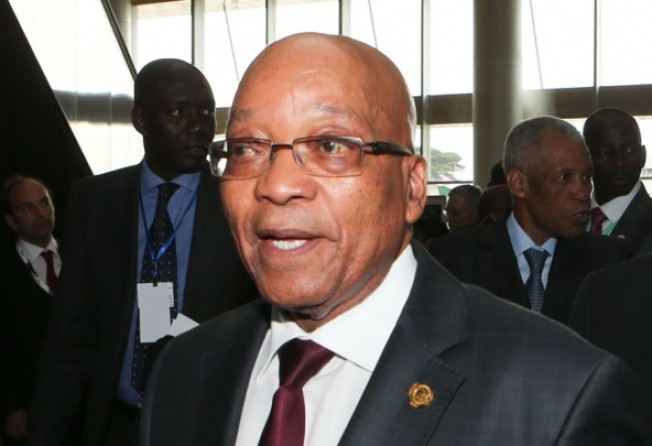
Foreign aid for development projects is cut as African economies grow
Foreign cash for development projects is drying up as nations across continent grow wealthier and rich countries are hit by budget tightening

Over the decades rich nations have poured trillions of dollars into African development projects, but the global economic meltdown and Africa's booming growth are turning off that tap.

Under pressure, many European chancelleries cut, slashed and snipped aid budgets as part of broader austerity measures. Spain alone cut its development budget in half. Some US$26 billion still flowed south, but the message was clear: aid is on the chopping block.
Austerity was a large part of the story, but cuts were also pushed along by a deeper current, one that has been flowing away from development assistance for some time.
Much has changed in Africa's relationship with the West in the 50 years since development aid helped newly-independent nations overcome colonial injustices. Most notably, African economies are now coming into their own.
"The old category of 'developing country' is now meaningless," said Paul Collier, head of Oxford University's Centre for the Study of African Economies. "Emerging market economies do not need aid. This reduced need has coincided with OECD budget tightening."
When donors recently froze aid amounting to 11 per cent of Rwanda's budget, the country simply raised US$3.5 billion through the issuance of sovereign bonds.
Britain's recent announcement of the end of direct aid to South Africa typified the trend.
To be sure, long-held doubts about aid effectiveness and corruption informed the decision with commentators noting wryly that the aid cut roughly corresponded to the US$22 million President Jacob Zuma spent on "security" upgrades for his home.
"Why would you put it where there is corruption?" asked Winnie Byanyima, executive director of global aid organisation Oxfam.
But more importantly the decision represented a view that Africa's biggest economy should be able to stand on its own two feet. Money from the world's rich nations helped dramatic improvements in health, like halving maternal and infant mortality in Africa, said Byanyima.
Yet even aid agencies - who also benefit from Western governments' largesse - acknowledge change must come.
"We have to understand that there are bigger issues of declining resources. Aid must be put where it will bring the returns," Byanyima said.
In recent years their focus has already begun to shift to skills development, and funding local organisations that have more support from local people.
While development aid is changing, a lot of money will still be channelled to humanitarian interventions. Dramatic events like the Arab spring or the Haiti earthquake in 2010 mean aid will always create need, Collier said.